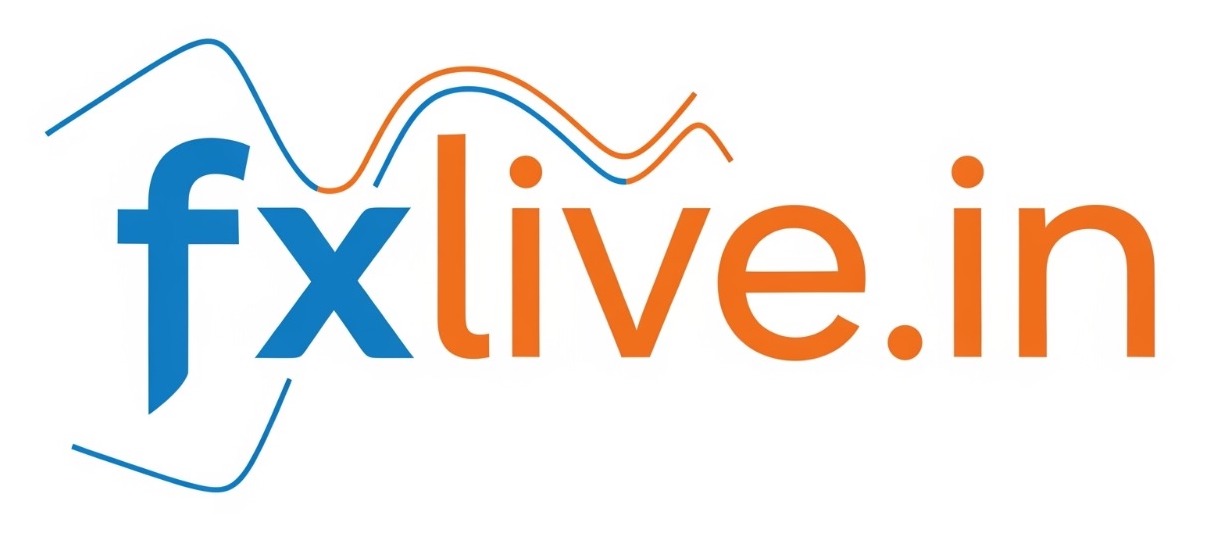Jai Siya Ram
External Affairs Minister S. Jaishankar’s statement about drawing “red lines” as the U.S. brings an “open market logic” refers to India’s firm, non-negotiable stance during trade negotiations with the United States, asserting that India’s domestic national interests will not be compromised for a trade deal.
The statement was primarily a rebuttal to the U.S. administration’s demands for greater access to the Indian market and its use of tariffs—including punitive ones linked to India’s energy policy—which Jaishankar argued do not align with the principles of open market economics being pushed by the U.S.
India’s Non-Negotiable “Red Lines”
Speaking at an event (such as the Economic Times World Leaders Forum or the Kautilya Economic Conclave), Jaishankar outlined that while India must have a trade understanding with the world’s largest market, the negotiations have “red lines” that cannot be crossed. These non-negotiables are:
- The Interests of Indian Farmers: India will not agree to terms that would allow the U.S. to “flood” the Indian market, particularly the agriculture and dairy sectors, with cheap or subsidized American goods, thereby undermining the livelihood of domestic farmers.
- The Interests of Small Producers: The welfare and protection of India’s small producers and businesses are equally a “bottom line” that the government is committed to defending.
Pushback on U.S. “Open Market Logic”
The term “open market logic” highlights a central friction point: the U.S. push for India to further open its economy, which Jaishankar contrasted with what he views as inconsistent U.S. trade behavior:
- Hypocrisy on Tariffs: Jaishankar criticized the Trump administration’s imposition of tariffs on Indian goods, including a significant penalty tariff reportedly linked to India’s purchase of Russian oil. He noted the irony of a pro-business U.S. administration “accusing other people of doing business.”
- Questioning Market Economics: He pointed out the inconsistency in the U.S. approach, asking rhetorically: “At a time when you have price gaps on energy, when you have sanctions on energy, when you have subsidies on renewables, I am kind of scratching my head and wondering, where is market economics?“
Strategic Autonomy and Other Friction Points
Beyond trade, Jaishankar used the platform to defend India’s right to act in its national interest on two other major issues, underscoring the principle of strategic autonomy:
1. Russian Oil Procurement
- He firmly defended India’s decision to buy discounted Russian crude oil, stating it was done to stabilize the oil market and was driven by national interest.
- In response to allegations that India was “profiteering,” he challenged the U.S. to apply the same standards to other major buyers of Russian energy, particularly China and the European Union, whose trade with Russia is significantly larger. His message to critics was blunt: “If you have a problem buying oil or refined products from India, don’t buy it.”
2. India-Pakistan Mediation
- Jaishankar reiterated India’s long-standing position that it does not accept third-party mediation in its relations with Pakistan, pushing back against claims by President Donald Trump that he had mediated a conflict between the two nations.
India’s position, therefore, is that while it values its strategic partnership with the U.S., any agreement must respect its sovereign right to protect its most vulnerable economic sectors and make foreign policy decisions based on national interest.

